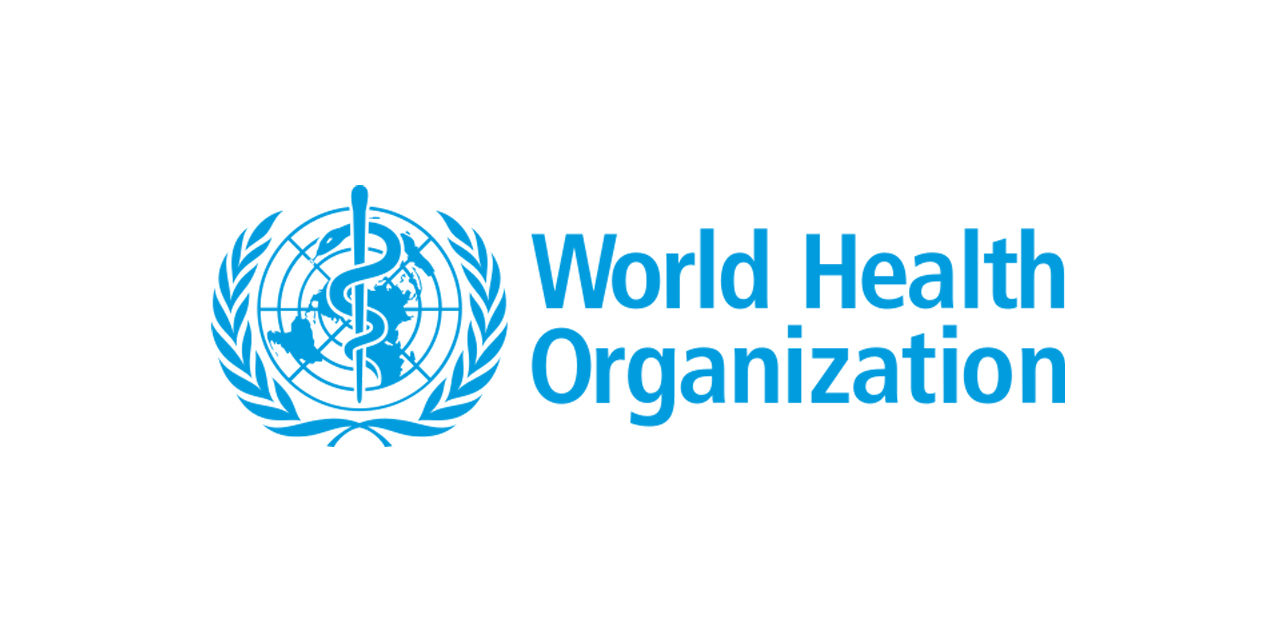The rapid spread of the coronavirus took many by surprise, and it’s leading to some serious questions about the competency of the world’s supposedly premier health organization, the World Health Organization (WHO).
When word about the coronavirus first made its way onto the world stage, it was sometime after the first of the year. Though the virus had been raging in China likely since November, most of the world began hearing about it sometime in late January. According to a New York Times article written on January 26, 2020, that “the risk to the general public is considered low,” though the threat serious.
Within about two months, that assessment changed drastically.
While there remain questions about whether the U.S. response to the crisis was adequate, it remains unclear whether the world received the proper and complete information on the virus from the WHO and there are allegations that the organization conspired to keep the truth and realities of the disease hidden to minimize bad press.
Senator Rick Scott, R-Fla., suggests that there should be an investigation into the WHO. In an opinion piece, Scott wrote, “That’s why I called for a congressional investigation into the WHO—what they knew, when they knew it and how they failed the world.”
Much of the criticism has fallen on the current head of the WHO, Dr. Tedros Adhanom Ghebreyesus, who’s Ph.D. is in community health, i.e. public health. He is the first non-physician elected to lead the WHO.
The public health profession is deeply respected, and many former WHO leaders had a secondary degree in public health in addition to a medical degree, but in a time of crisis a trained physician would likely be more apt to quickly comprehend and respond to an emerging medical crisis because of the years of training that Dr. Tedros does not possess.
There are also implications that Dr. Tedros, who served as Ethiopia’s Health Minister from 2005-2012 and Minister of Foreign Affairs from 2012-2016, lied and covered up a cholera outbreak in his country by calling it “acute watery diarrhea,” which is a symptom of cholera, before being elected to the WHO.
This practice continued even after his election. Dr. Tedros used the same language to minimize a cholera outbreak in Sudan, a neighboring despot country to Ethiopia. In an open letter, U.S. physicians called Dr. Tedros out about the issue, “Our goal is to build a better, healthier future for people all over the world. Working through offices in more than 150 countries, WHO staff work side-by-side with governments and other partners to ensure the highest attainable level of health for all people. And yet this impressive mandate is daily made a mockery by the WHO’s refusal to refer to the cholera epidemic raging in Sudan by name. Neither your organization nor the UN’s Office for the Coordination of Humanitarian Affairs will refer explicitly to the fact that what you continue to call ‘Acute Watery Diarrhea’ is in fact cholera, Vibrio cholera—a fact established by a laboratory tests in Sudan.”
The election of Dr. Tedros was conducted by secret ballot, so it’s impossible to know who exactly voted for the current WHO leader.
Historically, organizations like the UN and the WHO have been accused of using the tax dollars from wealthy countries, like the United States, to prop up despot led governments where the people remain impoverished and oppressed while a tiny minority syphon foreign aid money to fund their own lavish lifestyles. These type of leaders, mostly men and many from Africa, elect people to international positions that are amenable to looking the other away and ignoring things that a particular leader wants to hide from the international community.
A great example is the Ebola outbreak in West Africa that began in 2014. According to leaked emails, WHO officials were “loathed to call it an epidemic for fear of angering the African countries involved and hurting their economies.” About 1,000 people died while they waited to make that distinction.
This type of practice is a detriment to us all, especially when it comes to a pandemic like the coronavirus.
“I can’t believe they’re going to go so far as lecture President Trump (about politicizing the pandemic),” former UN Ambassador Nikki Haley said. “I mean, if anything, we deserve to hold them accountable. We have the right to answers. They need to be investigated.”
President Donald Trump has already taken steps to defund the WHO, which would be a significant blow to the international health body but one that will perhaps prove necessary. The U.S. contributed $111 million in 2017, “along with $401 million in voluntary funds. The Trump administration has already requested a reduction of $65 million for 2021.” If the WHO had been working as an independent international body that was rigorous in addressing emerging diseases, then it is unlikely the pandemic would be as out of control as it is now.
The WHO is there supposedly to “keep the world safe,” but it has failed spectacularly. If more information had been provided to the broader health community when the disease first surfaced in November or perhaps even earlier, the world would be in a better place to fight this pandemic. The WHO needs to be held responsible for its actions and inaction in the wake of this global crisis.
Photo from Wikipedia






